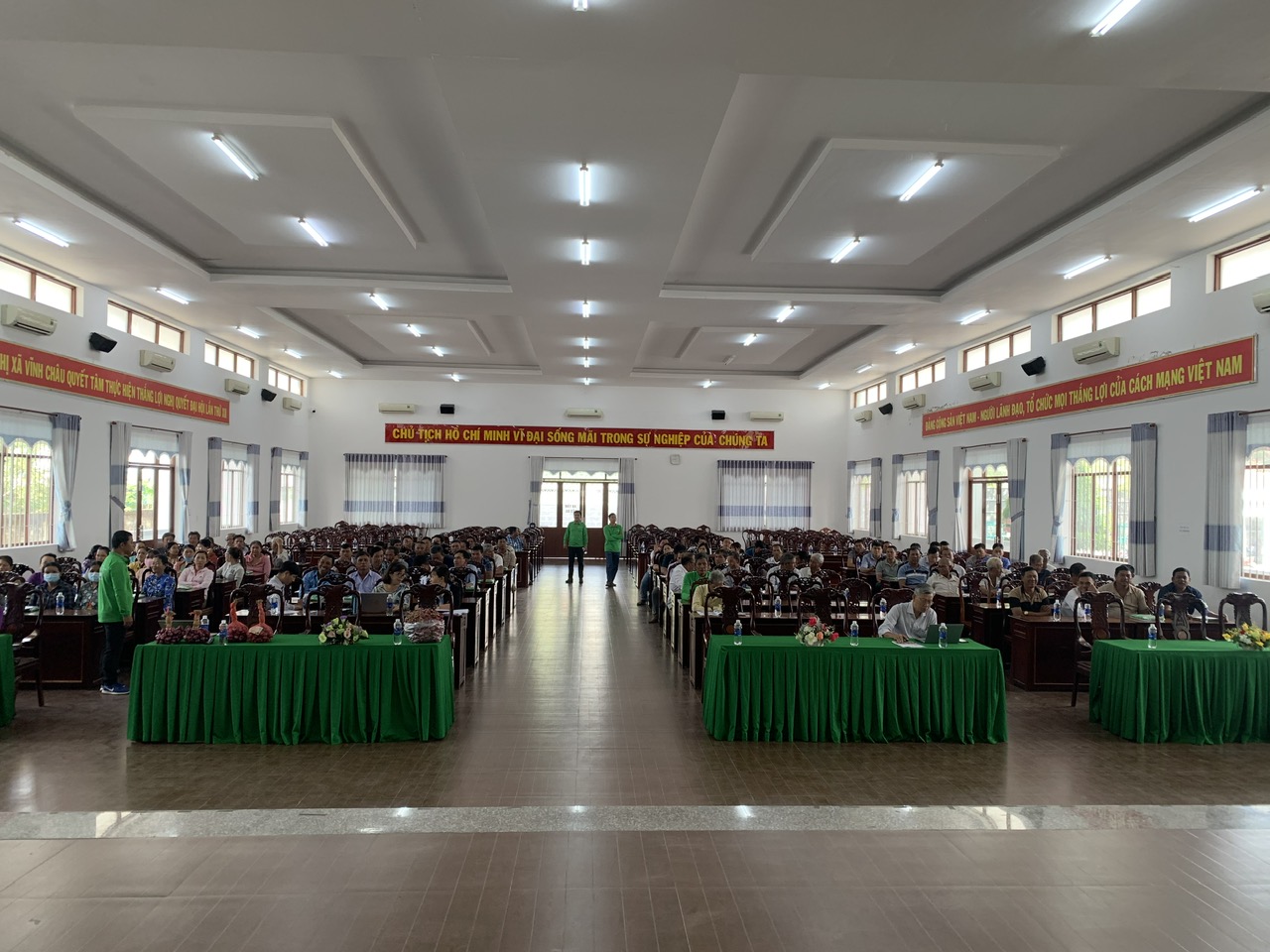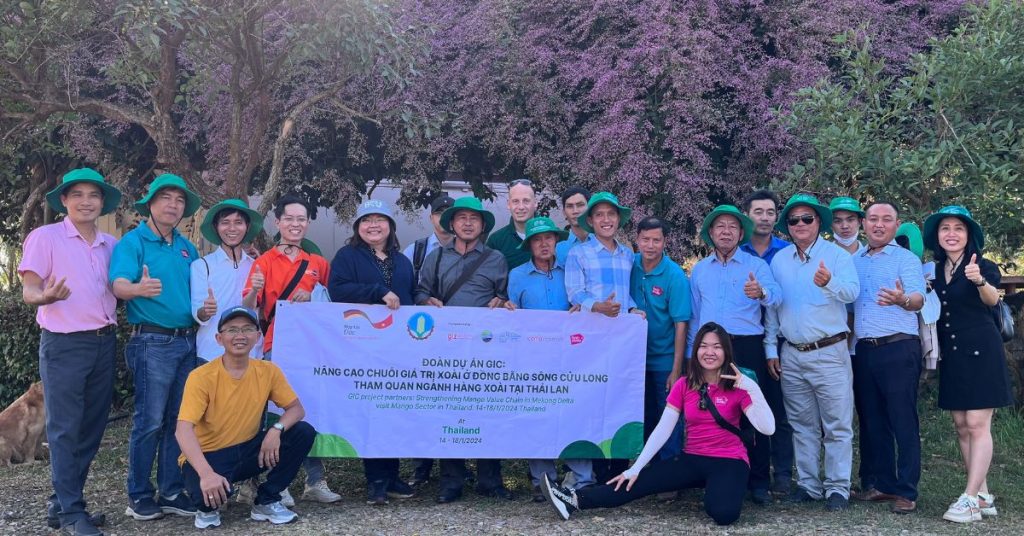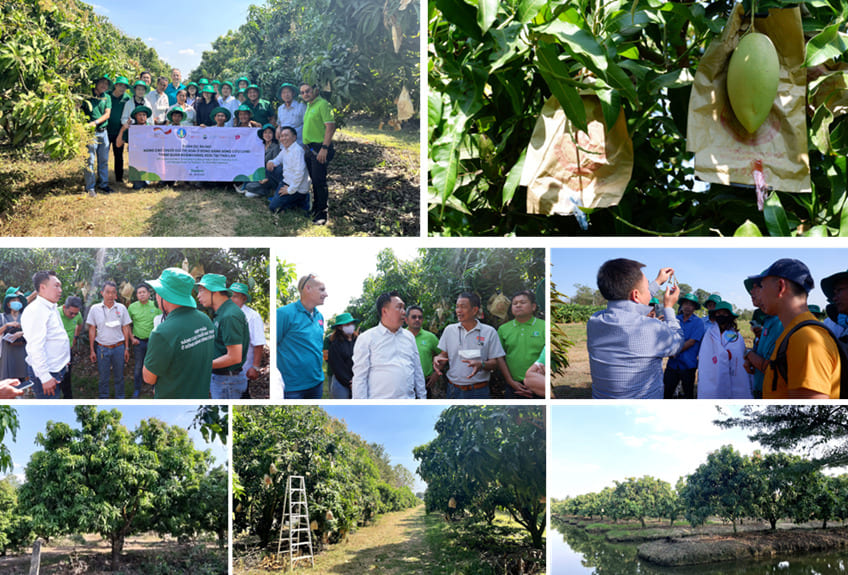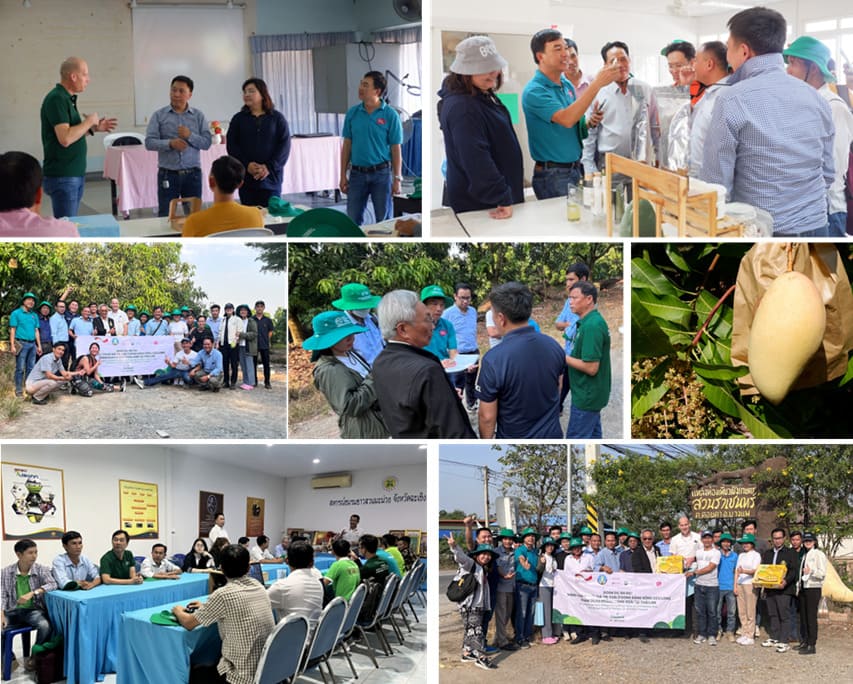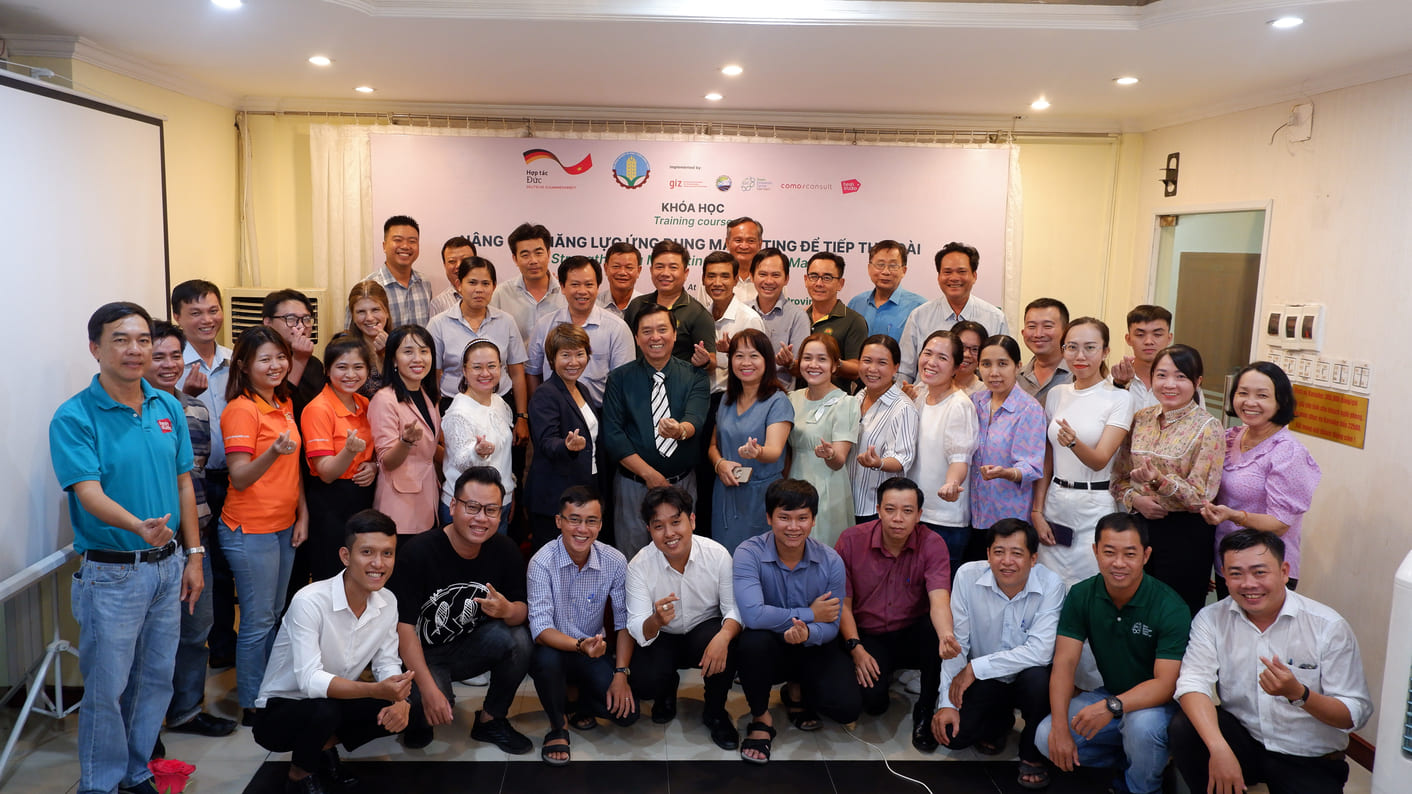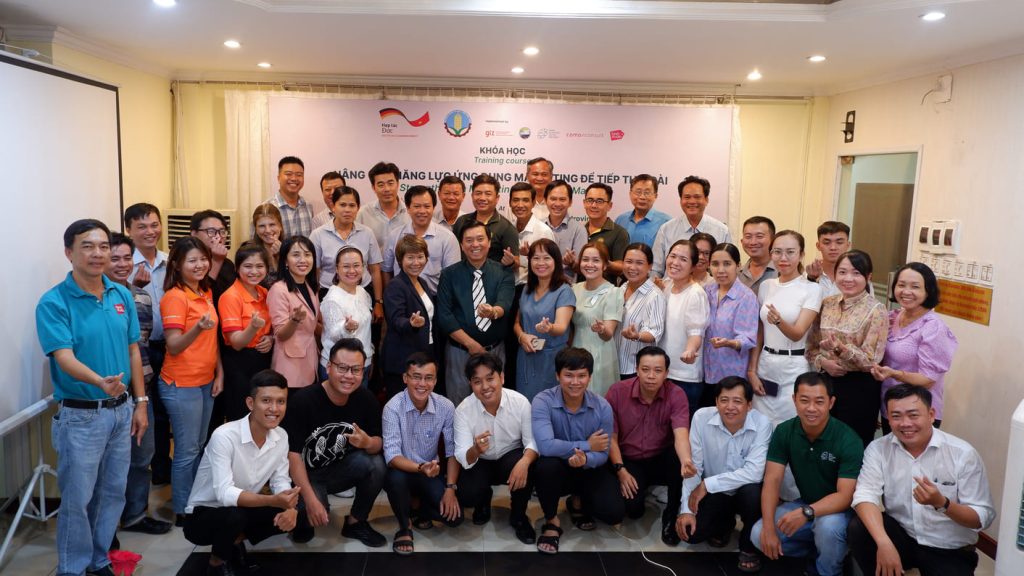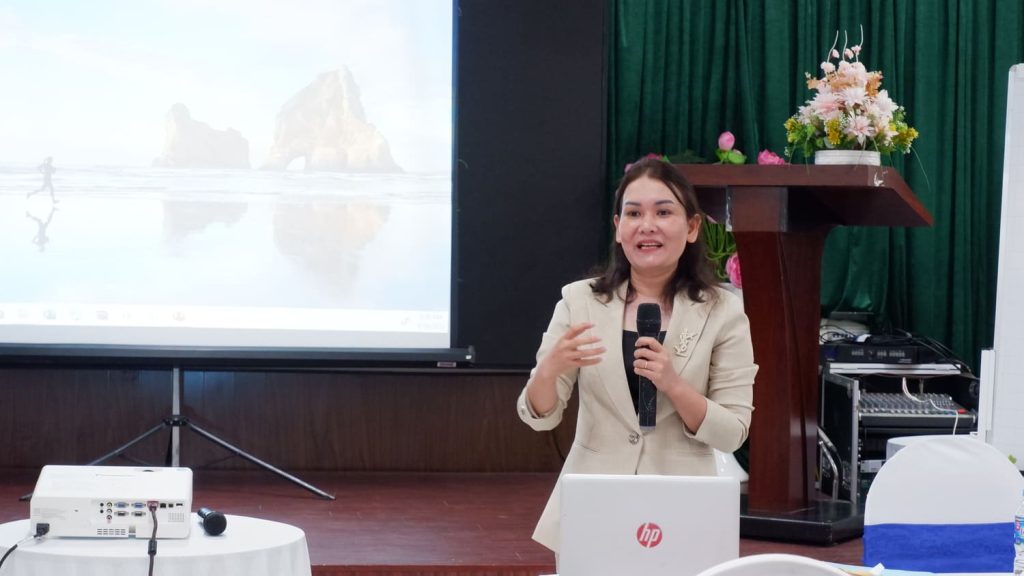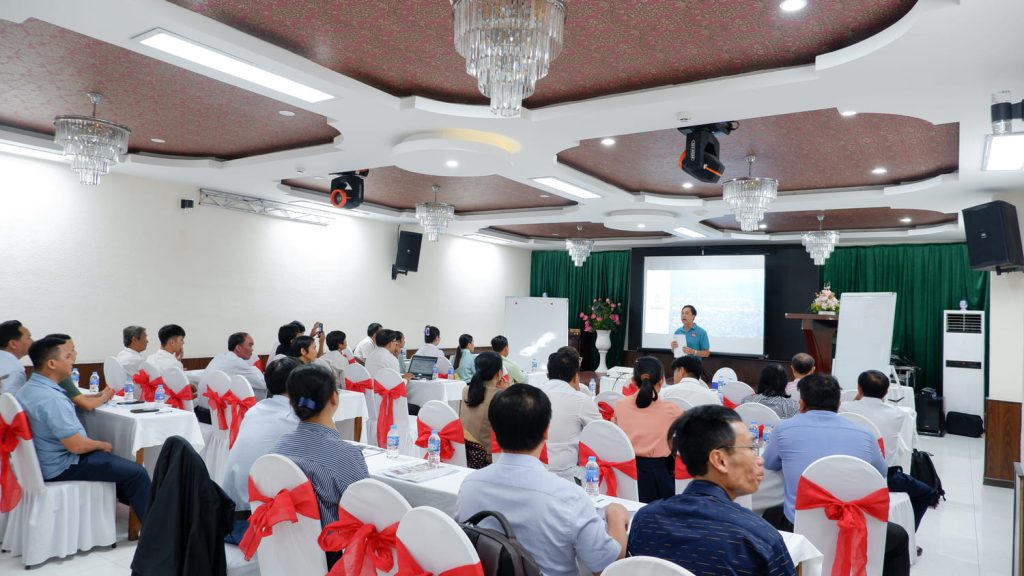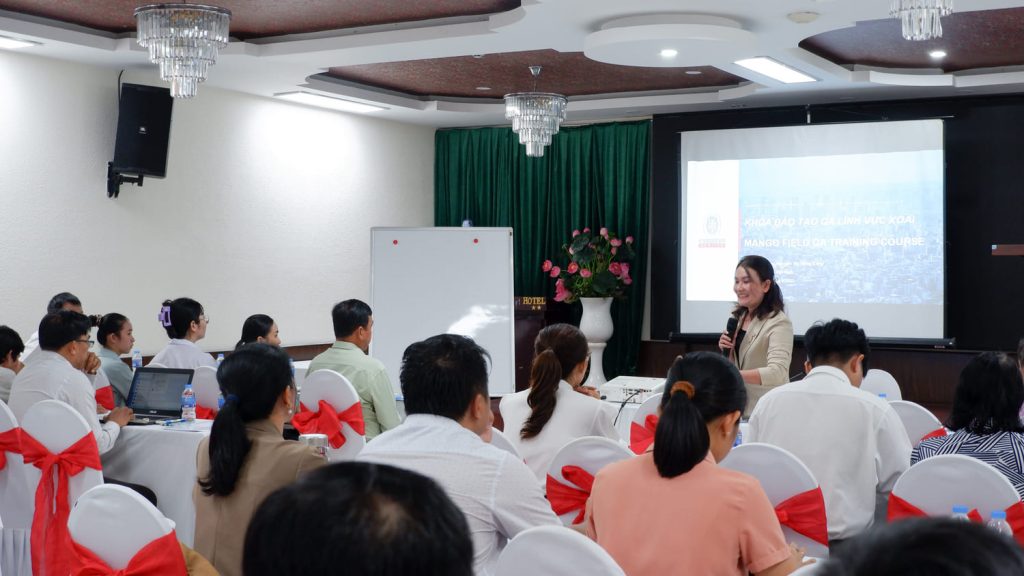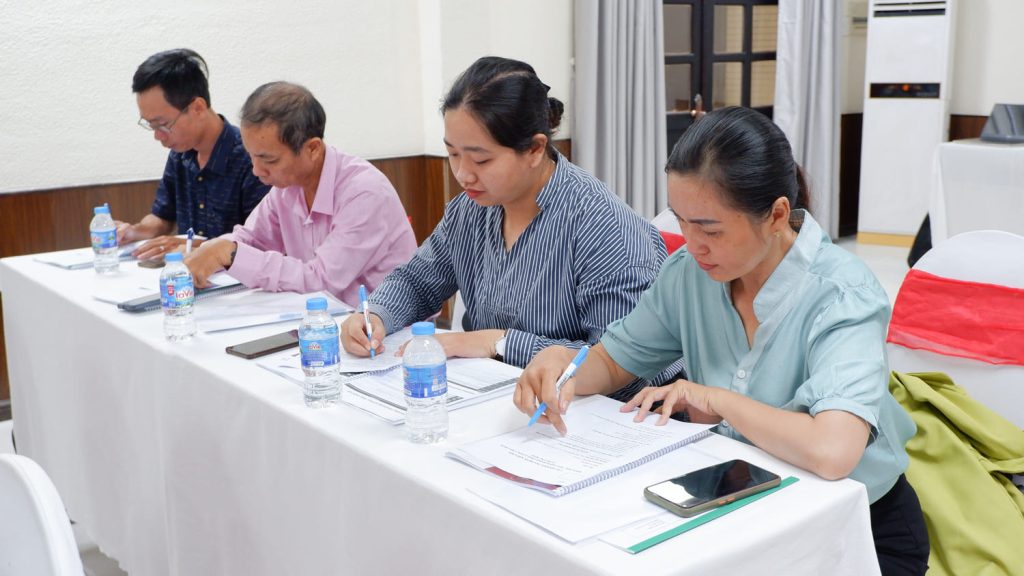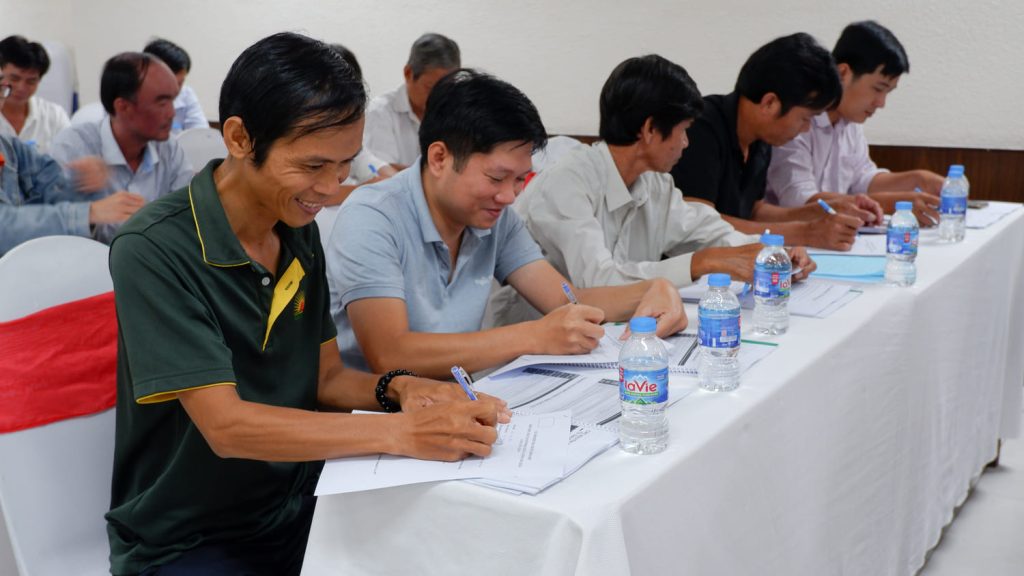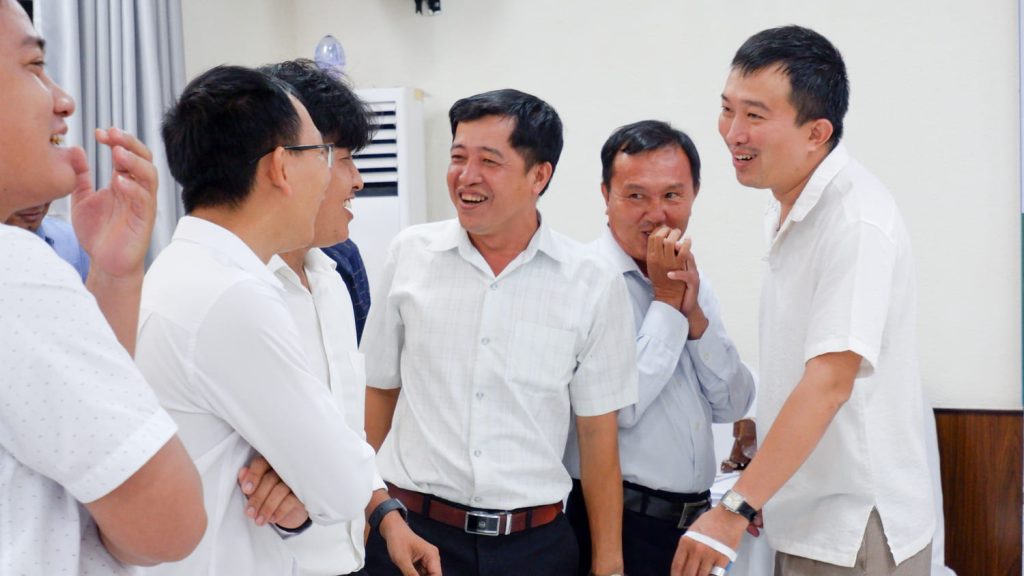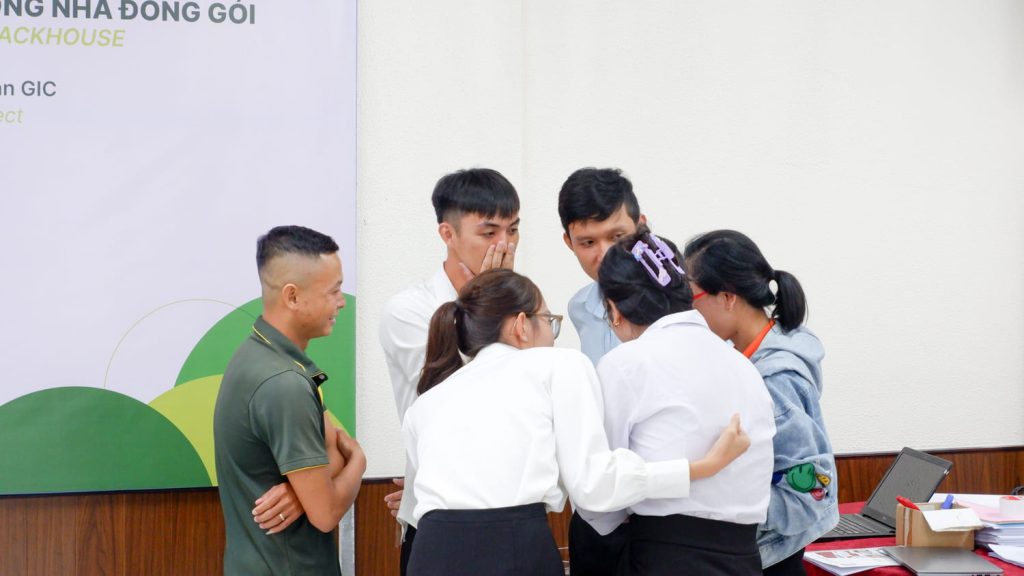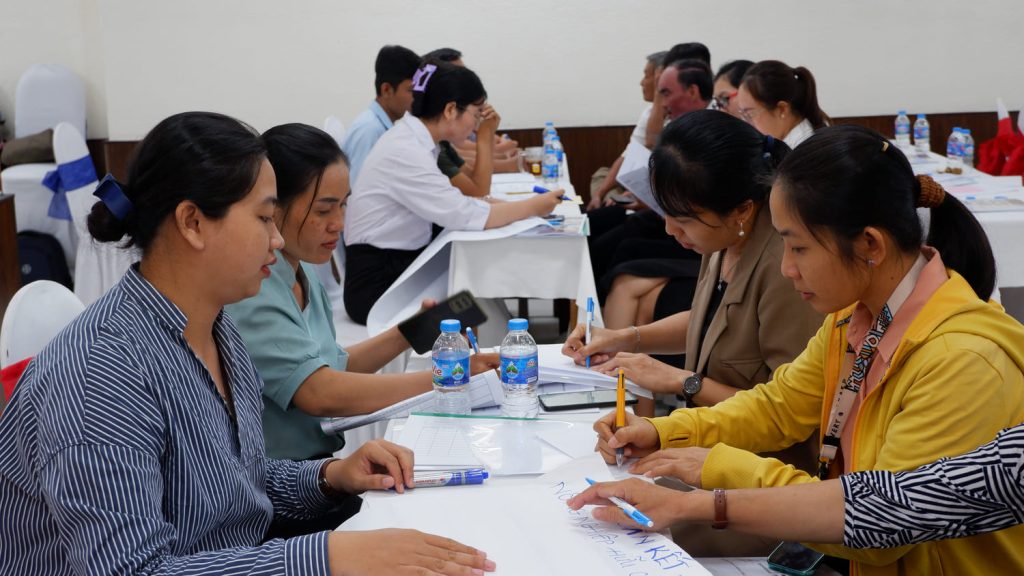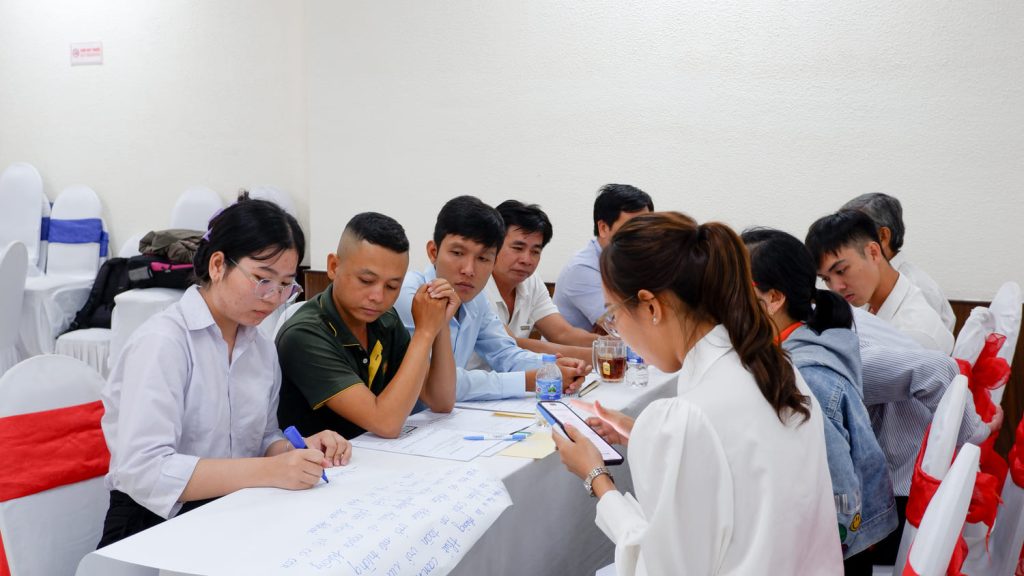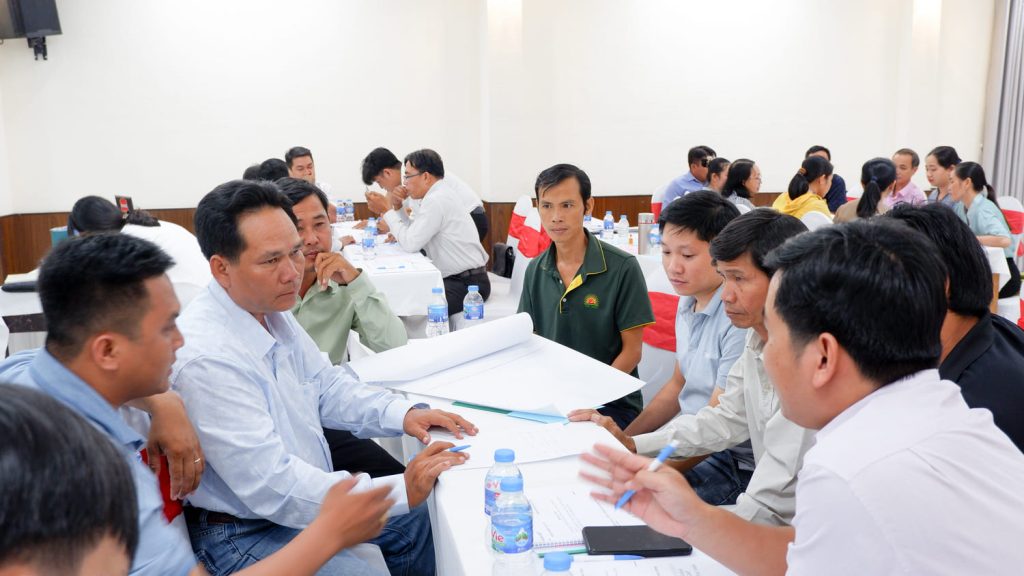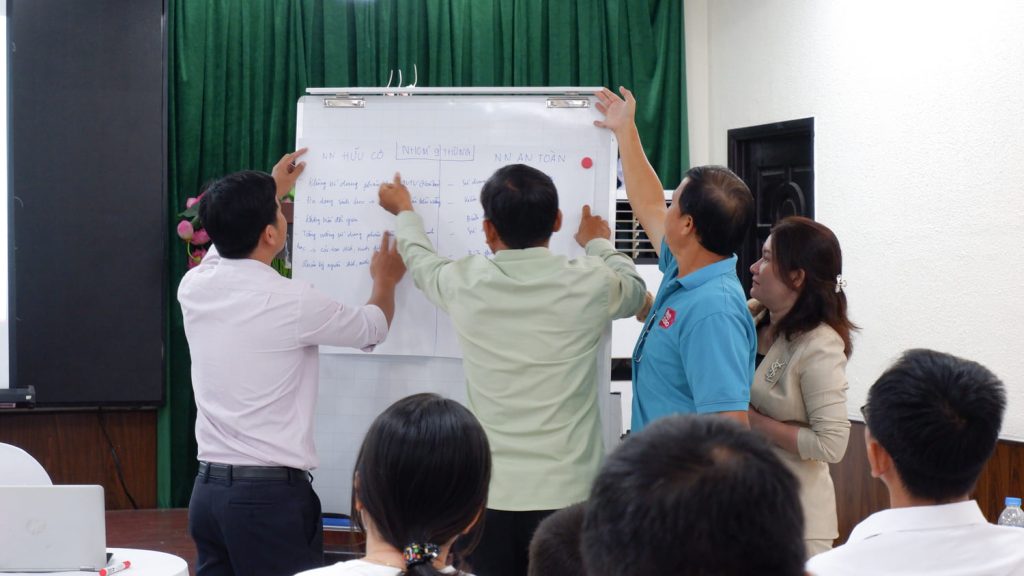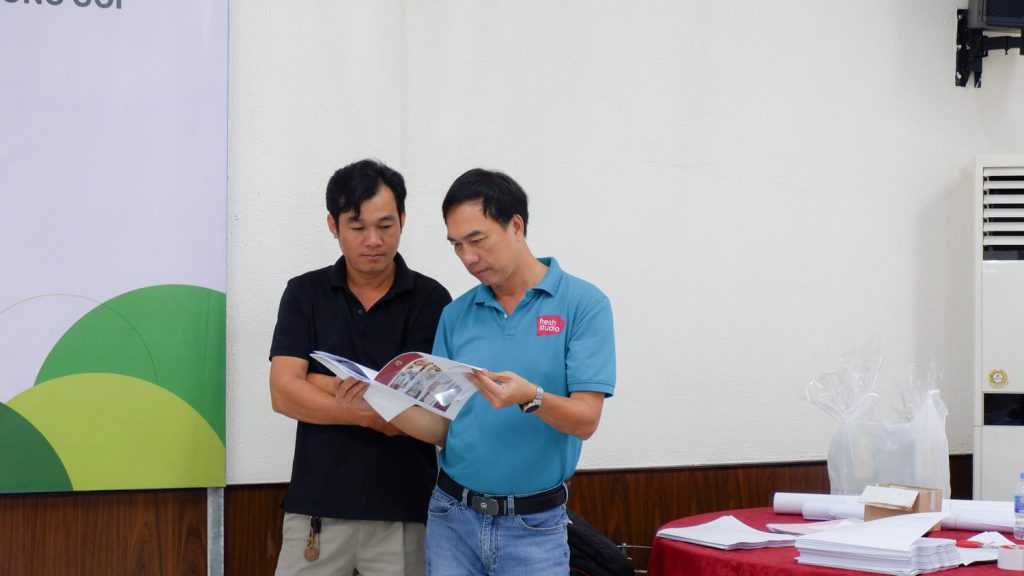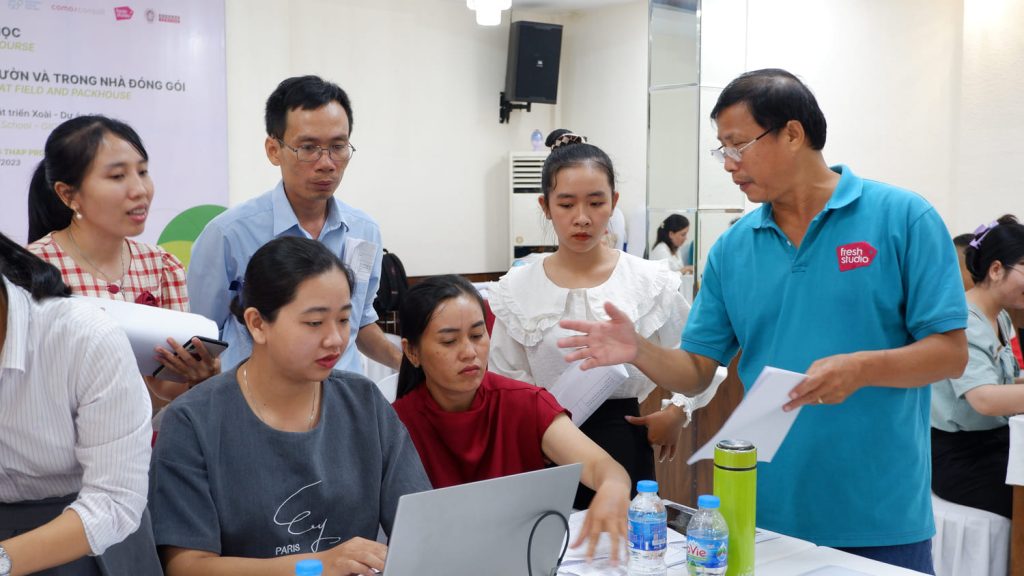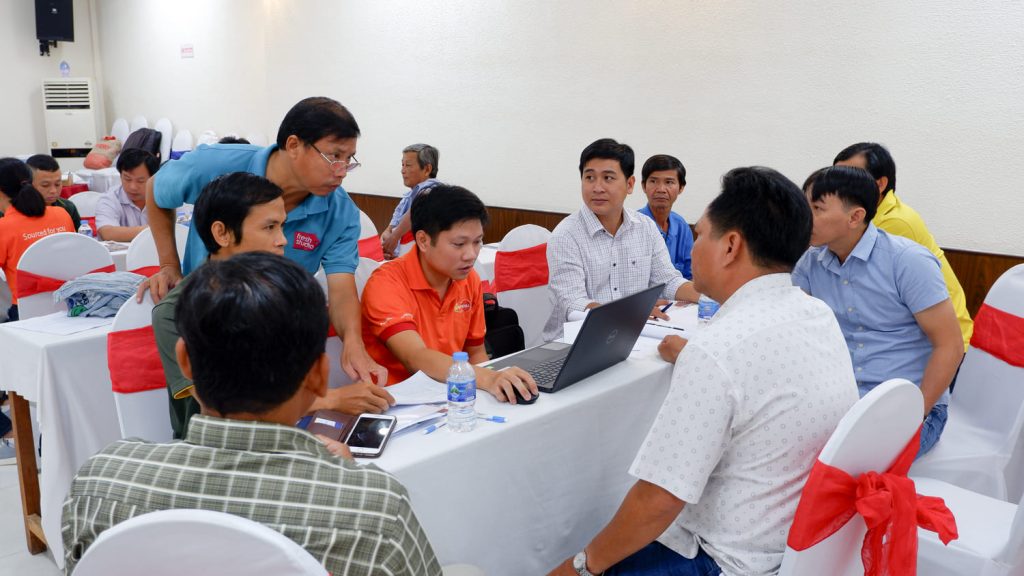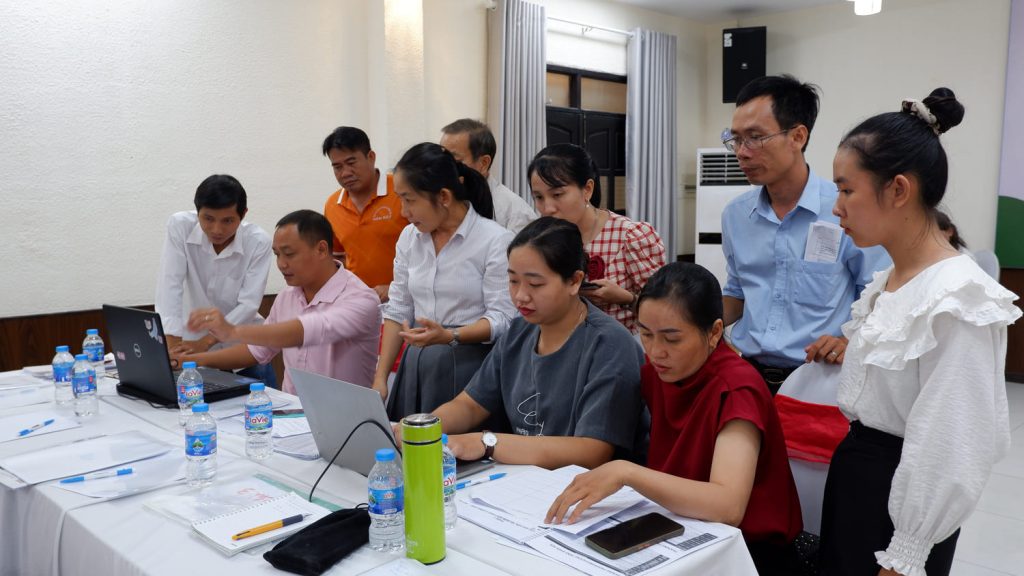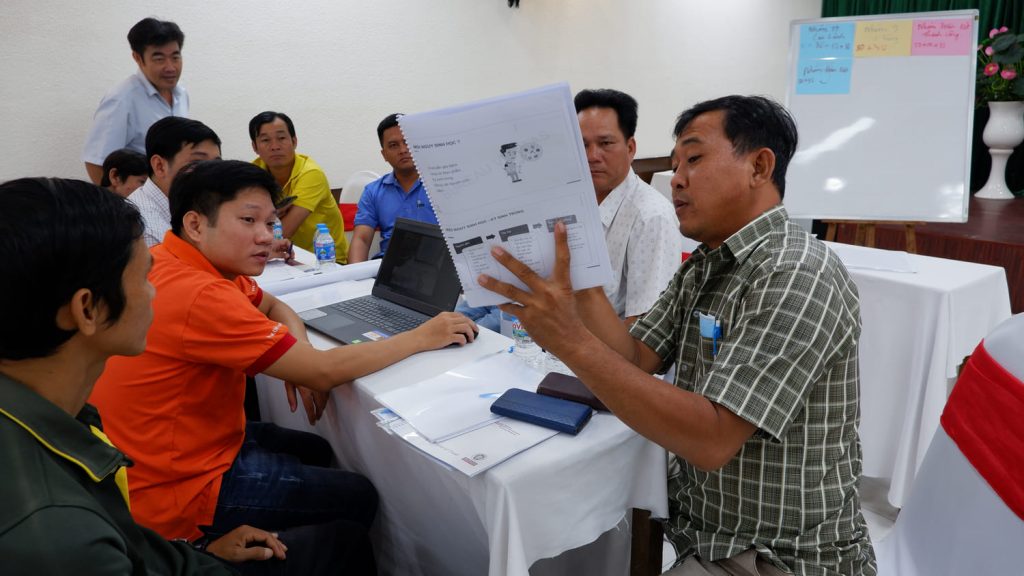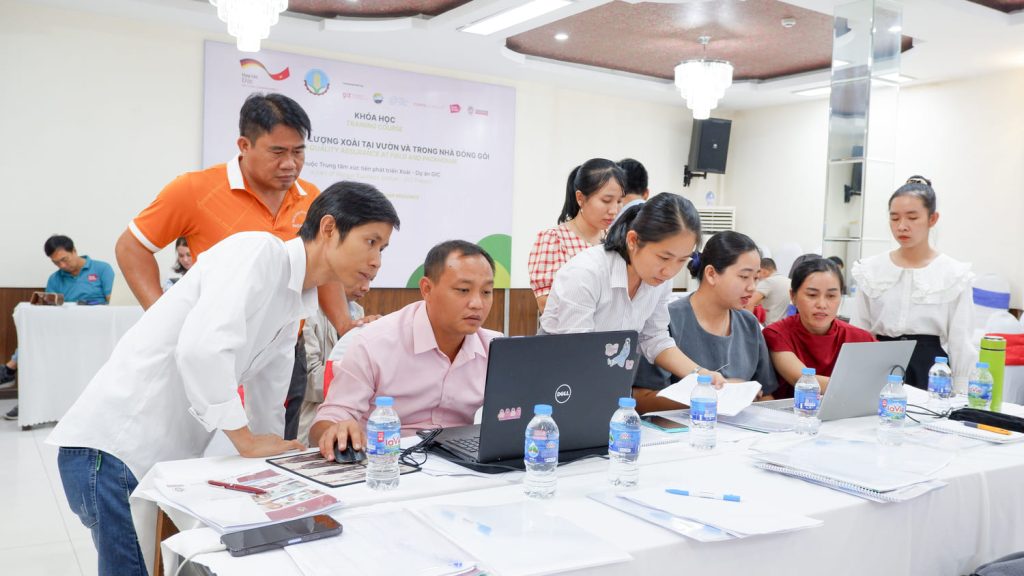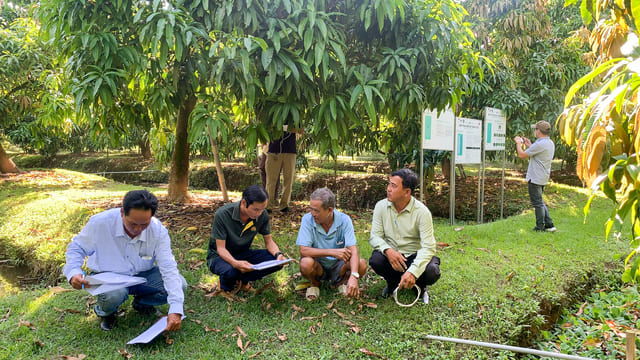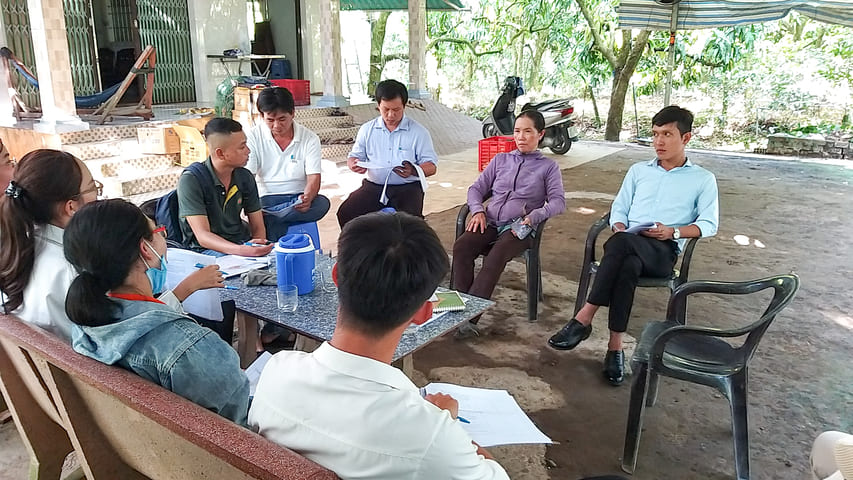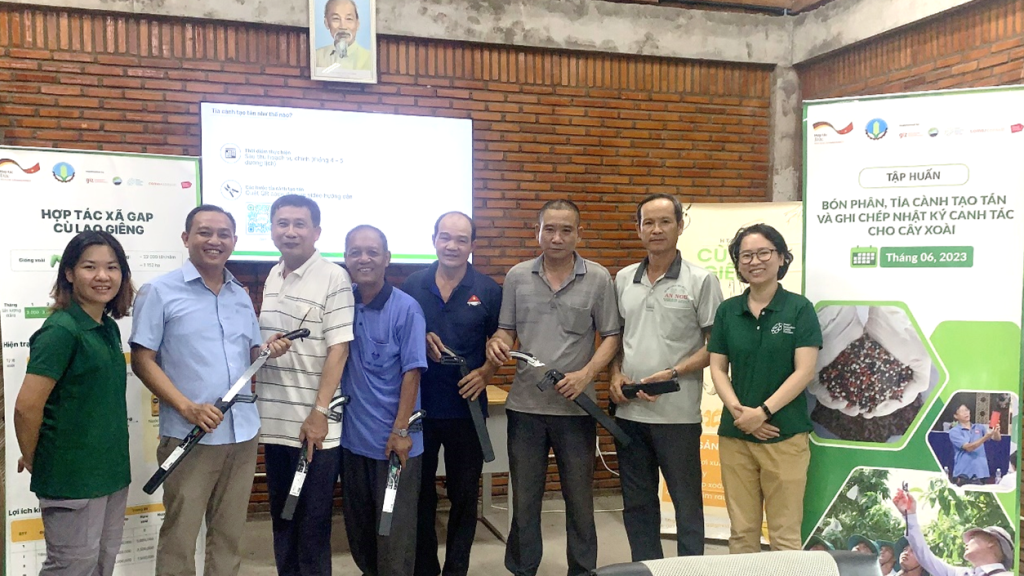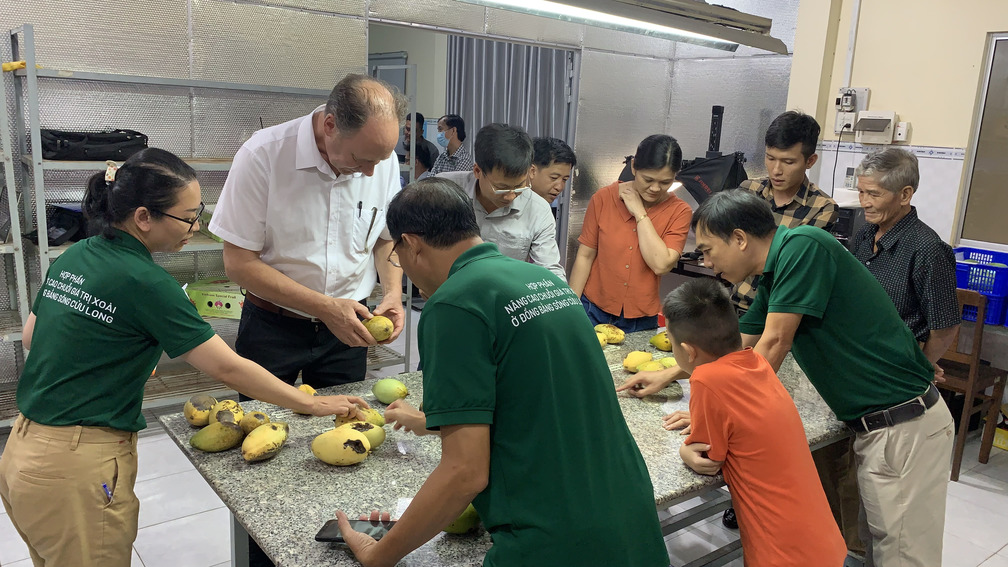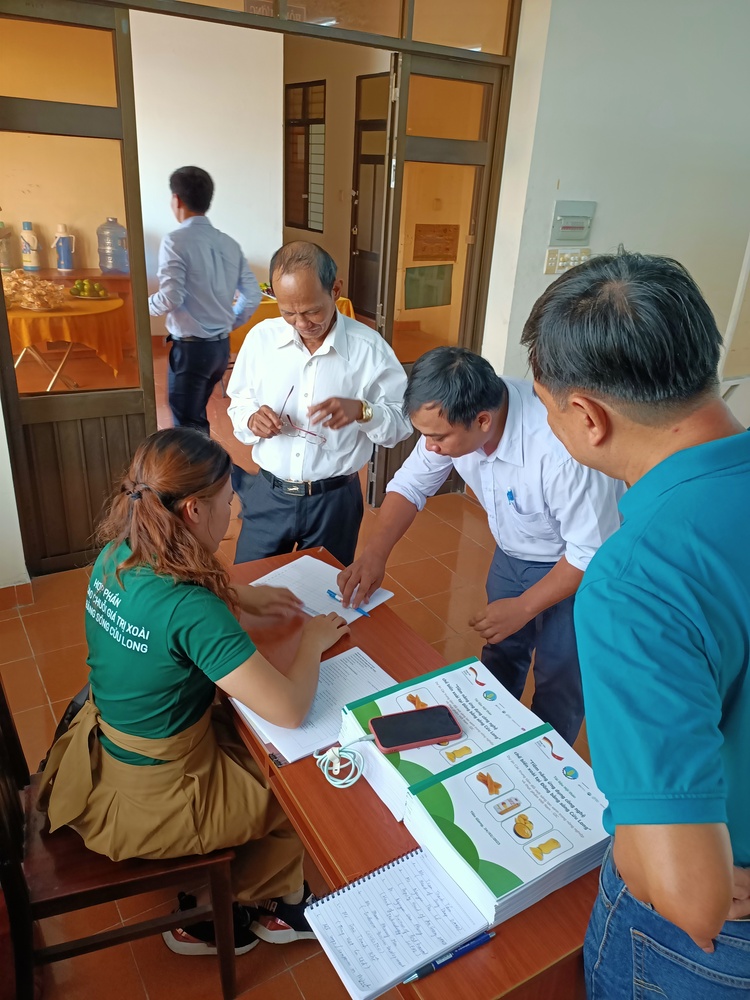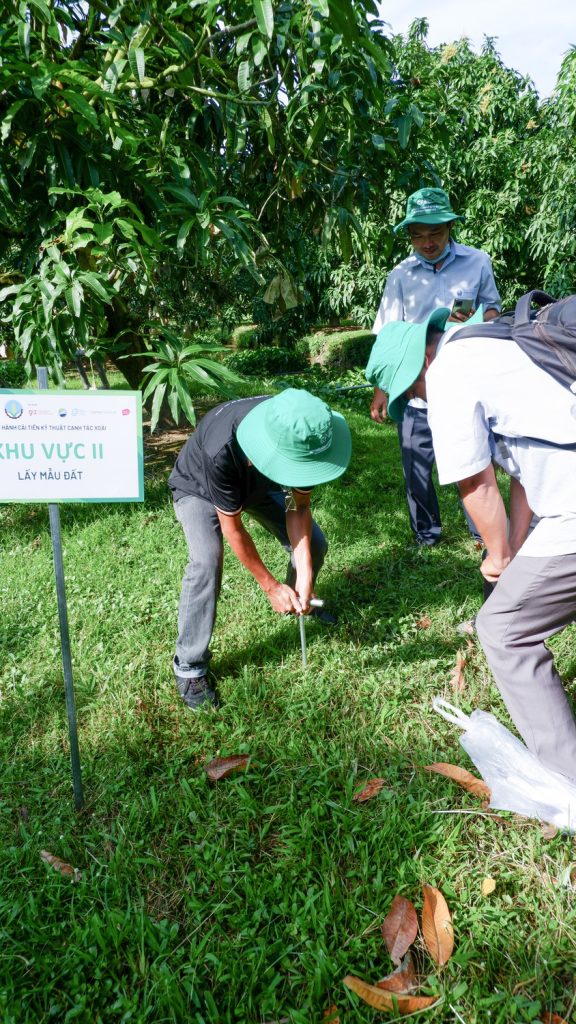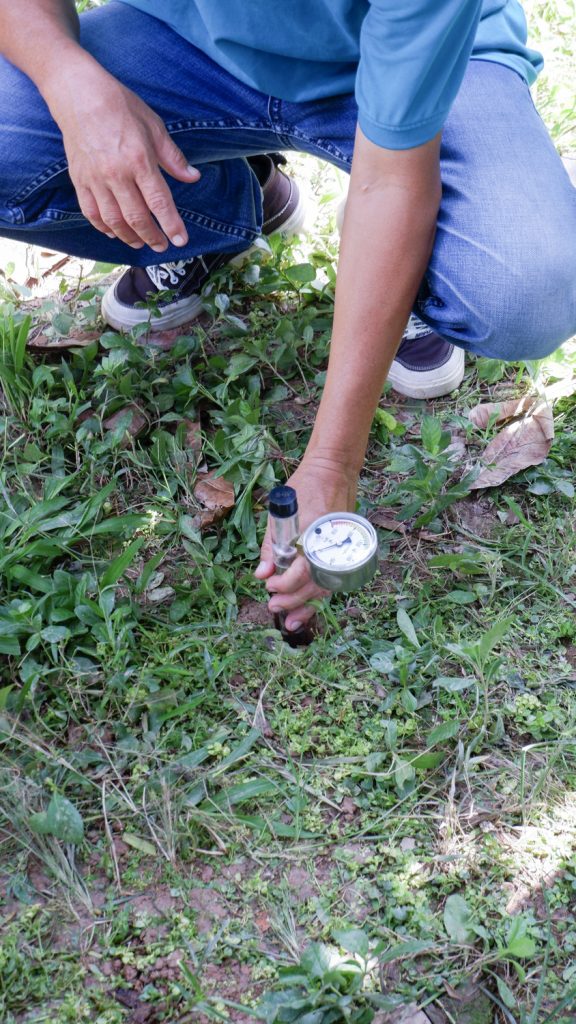In a significant stride towards sustainable agriculture and enhanced crop health, the Impact Cluster Shallot project recently organized a comprehensive training program on Integrated Pest Management (IPM) for shallot cultivation. This initiative, in collaboration with Fresh Studio and the Soc Trang Department of Crop Plant and Plant Protection, marked a pivotal moment for shallot farmers in the region, aiming at equipping them with advanced, sustainable farming techniques.

Integrated Pest Management: the holistic approach focused on sustainable pest control
The training saw the participation of 150 shallot farmers, who gathered to enrich their knowledge and skills in effective pest management, a crucial aspect of shallot farming. The presence of esteemed lecturers from Can Tho University further elevated the training, bringing in a wealth of expertise and research-backed insights into the IPM strategies tailored specifically for shallot crops.
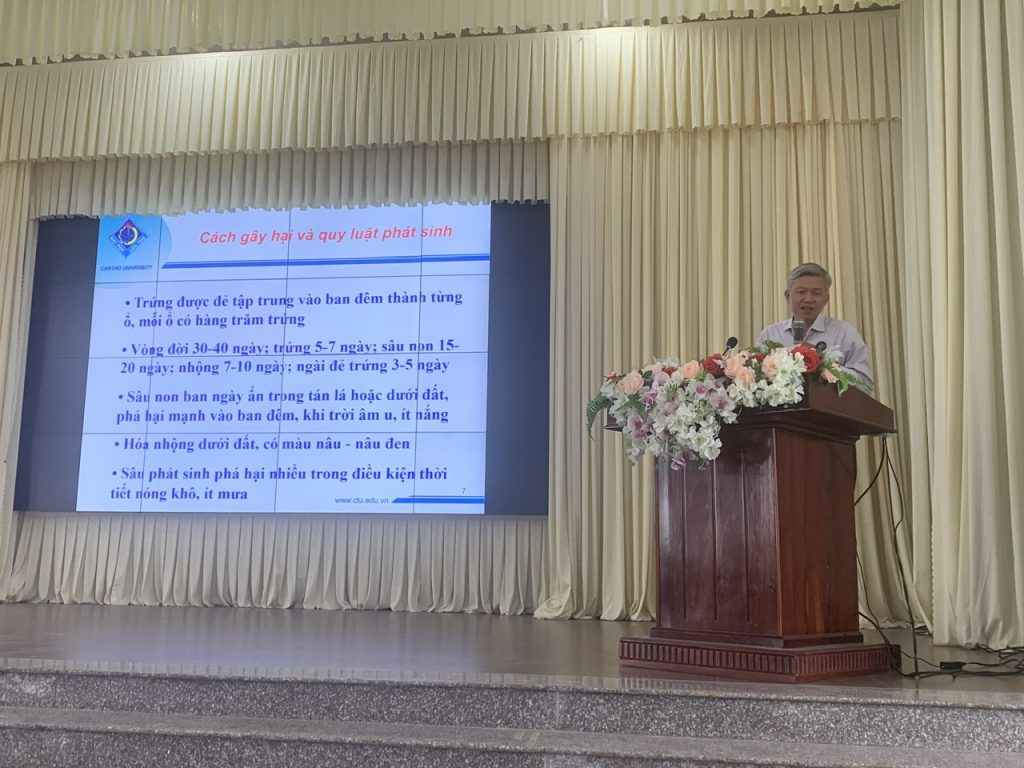
Integrated Pest Management is a holistic approach focused on sustainable pest control, minimizing the reliance on chemical pesticides while maximizing the health and productivity of crops. By understanding the ecosystem and the life cycles of pests, IPM allows farmers to implement strategies that are not only environmentally friendly but also economically viable.
During the training, participants were introduced to a variety of topics, including the identification of common pests in shallot cultivation, the use of biological control agents, cultural practices to prevent pest outbreaks, and the judicious use of chemical pesticides as a last resort. Practical sessions provided hands-on experience in monitoring pest populations and implementing IPM strategies effectively.
A Glimpse into the Impact Cluster Shallot Project Training
This initiative is part of the broader objectives of the Impact Cluster Shallot project to enhance the sustainability and profitability of shallot farming in the region. By adopting IPM, farmers can significantly reduce their input costs, minimize environmental impact, and produce healthier, more resilient crops. This not only benefits the farmers themselves but also contributes to the well-being of the community and the ecosystem at large.
The enthusiasm and engagement of the participants underscored the growing awareness and willingness among farmers to adopt more sustainable practices. The training provided them with the tools and confidence to transition towards IPM, promising a future of more sustainable, productive, and environmentally friendly shallot cultivation.
As the Impact Cluster Shallot project continues to unfold, its emphasis on education, collaboration, and sustainable agriculture practices sets a precedent for similar initiatives worldwide. The success of this training program highlights the critical role of knowledge transfer and capacity building in transforming agricultural practices and ensuring food security and sustainability for future generations.

